

Here's how to win favour with us. Right at the beginning of this adventure, our character, a young Egyptian guy called Assil, has been captured by criminals, who are threatening to kill him. Dialogue choices appear, varying on the theme of pleading required, except for one, right at the bottom: "First I'd like to know, can you die in this game?"
One of the thieves pauses, considers, and replies, "Well, the developer has taken his inspiration from games in the classical adventure games vein. So... no, no. Not usually."
Ankh is not only gleefully self-aware, but also barely conceals its borrowing from the classic LucasArts point-and-clickers. It's often massively similar in structure to the original Monkey Island. Assil may as well be Guybrush. The Voodoo lady is replaced by a psychic old man. Ghost Pirate LeChuck by the undead god Osiris. Governer Marley by the ambassador's daughter Thara...
This isn't entirely coincidence. The credits thank LucasArts' Ron Gilbert and Tim Schafer, with Telltale offering background support to Deck 13 throughout the development. The whole game has the feel of a tribute band's cover - impossible to credit with originality, but impressive for capturing something of the performance. Which makes it more galling that so many faults were let through.
A troubling amount of dialogue is missing, dropping to subtitles for a single line of a conversation, or, even more strangely, being spoken by the wrong voice. And more fundamentally, while the traditional puzzles are pleasingly silly, they fail to incorporate the essential pushes to guide your actions.
However, it looks lovely. Nothing special but, crucially, it's in 3D without making a fuss. The camera is perfect throughout, and the design has a distinct and quickly familiar flair.
The story, meanwhile, is constantly muddled, never more so than at the end, but not in an inhibitive way. If only it had been used to greater effect to prompt the puzzles, Ankh could have earned itself notoriety.
Instead, it has to make do with being harmless and fun. With lovely gaming references hidden throughout, never better than the Prince of Persia spoofs, it's witty, charming, and forgivably broken. We can even forgive it for including the line, "Dude, where's my caravan?"

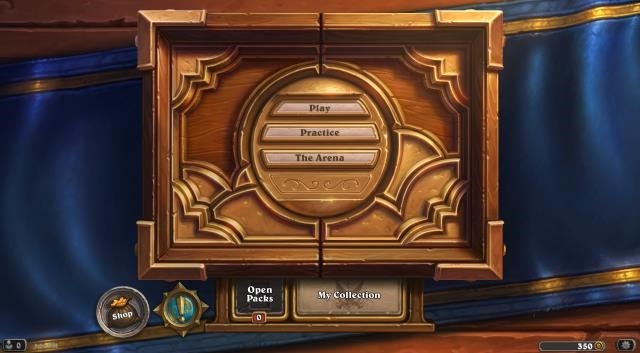

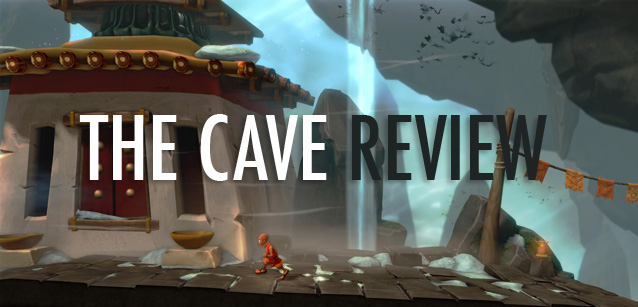
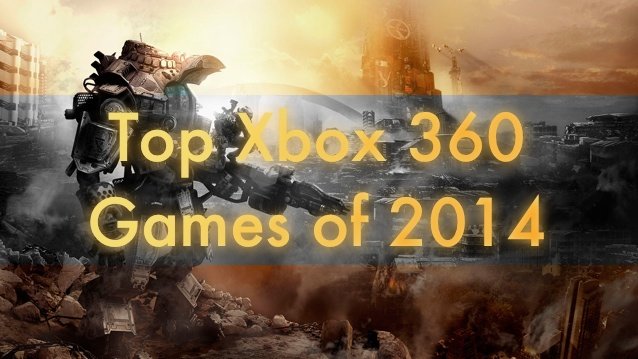 Top 10 Best Xbox 360 Games of 2014
Top 10 Best Xbox 360 Games of 2014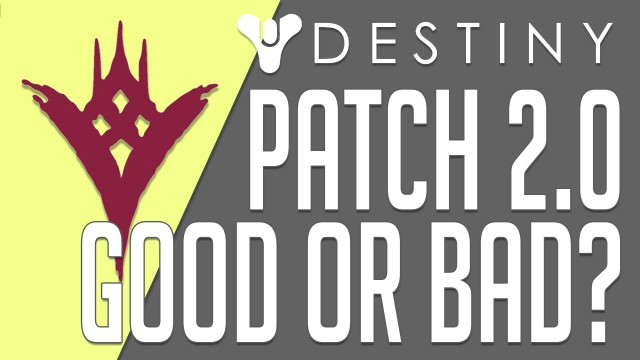 Destiny Patch 2.0 MegaGuide: List Of All Bugs, Glitches and Errors
Destiny Patch 2.0 MegaGuide: List Of All Bugs, Glitches and Errors How to Claim Loyalty Rewards in Call of Duty Black Ops 3
How to Claim Loyalty Rewards in Call of Duty Black Ops 3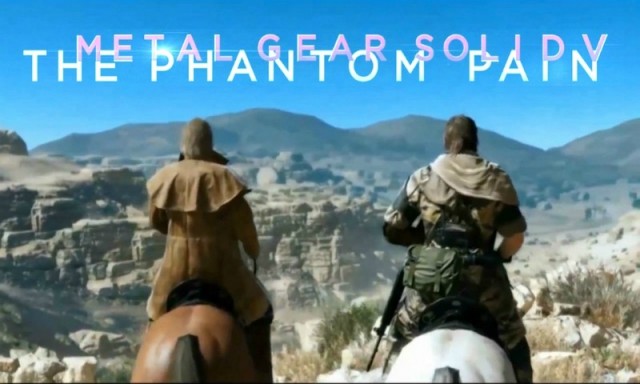 MGS V: The Phantom Pain How to Defeat the Skulls in Mission 29
MGS V: The Phantom Pain How to Defeat the Skulls in Mission 29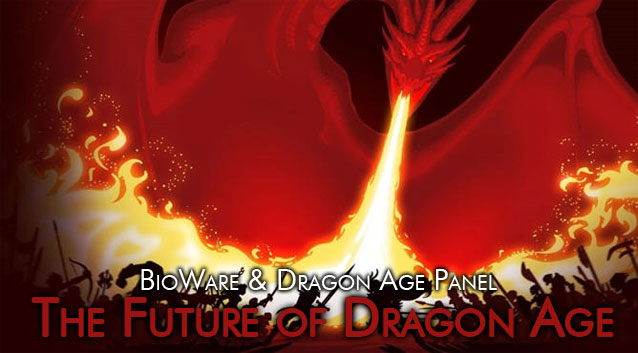 BioWare and Dragon Age Panel: The Future of Dragon Age
BioWare and Dragon Age Panel: The Future of Dragon Age